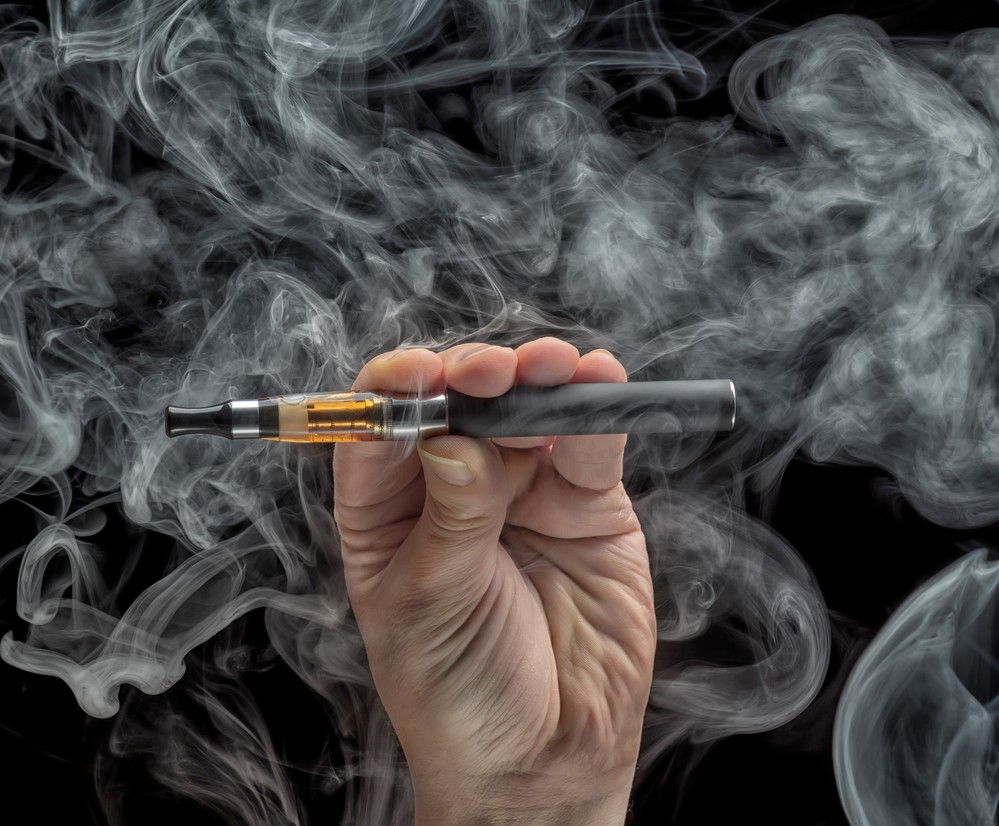It’s during the rough patches in life that we discover our true friends, and going through rehab is no different. Your addiction may have already damaged many of the relationships in your life, but now that you are on the road to recovery you will be able to see what true friendship really means. Sometimes best friends change during different times in one’s life or as people grow in life.
The decision to pursue rehab or a 12-step program is an important one, and it is vital that you disconnect from the negative influences in your life.
Here are 5 characteristics to look for a best friend.
Understanding
A true friend will understand what you are going through and will appreciate that you are trying to get your life back on track. If at any time you feel your friends are working against your rehabilitation and new journey in life, it is time to cut ties. Sometimes a friend who just listens to you as crazy as you may sound without judgment is how you become best friends.
Support
A best friend should support you on your road to recovery without question. This includes removing some risky temptations and places you may have gone to together before recovery, but don’t expect your friends to change who they are. Supporting someone is very different than enabling someone. When you support someone you’re supporting a friend’s positive actions in recovery to move forward. If you’re enabling someone you might me supporting friend’s negative actions that prevent someone from moving forward.
Forgiveness
True friendship like any relationship is hard to come by, so when you find one that works, you should be willing to fight for it. Forgiveness is the key to remaining best friends while one of you or both of you suffer from addiction. You’ll never move forward if one of you is still hung up on the past. Forgiveness is key to move forward with any serenity at all.
Respect
This is an important one. Respect comes in many different forms and functions. Respect for your recovery can trump respect for privacy and personal space. While a true best friend may not always agree with you, they will value your perspective. Respect in friendship is also a two way action. If you want respect from a friend you also have to be able to offer it back.
Dependability
A very big part of friendship is simply showing up. No matter what, a true best friend will always be there for you when you need them. This includes a new life in recovery. No matter how far off course you have gone, your best friend should always be willing to help you back on track or allow you to meet your needs to stay on course.
Finding a friendship that encompasses all these characteristics can be difficult, so when one comes along, it is probably worth fighting for. Even if that means having to say you are sorry. Because remember, at the end of the day, we choose the ones we want to be around and those are the people worth sticking around for.





